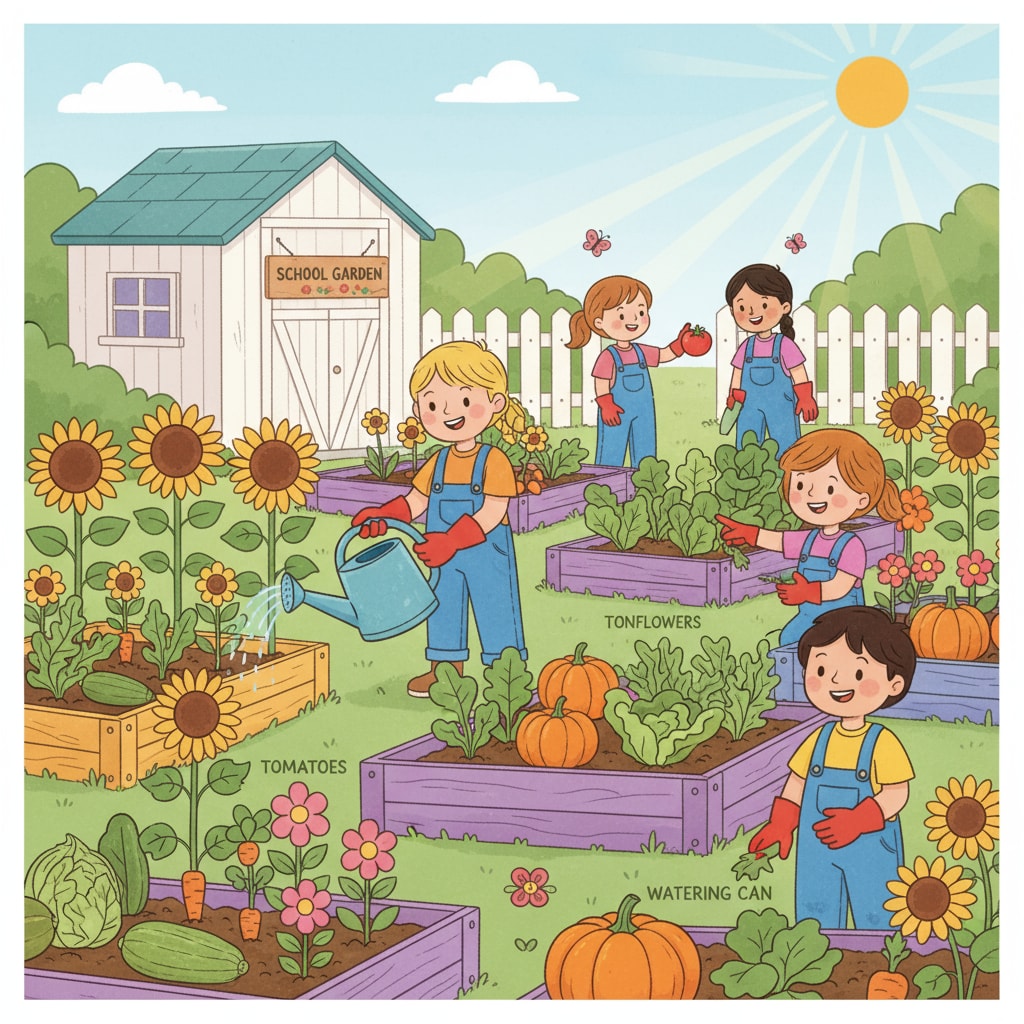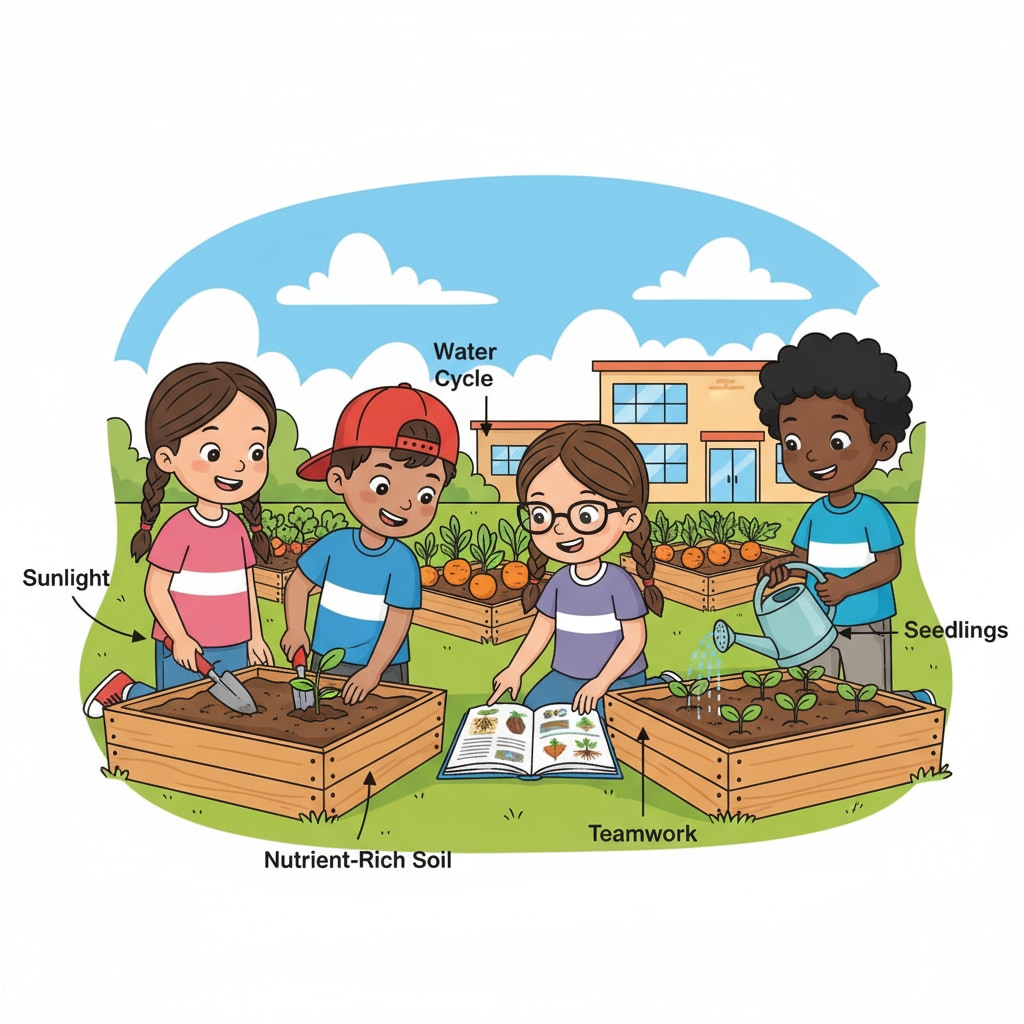School gardens, educational tools, and hands-on learning are revolutionizing the landscape of K12 education. In modern educational settings, school gardens are no longer just patches of greenery; they have evolved into dynamic and versatile educational assets. These gardens provide students with immersive, real-world experiences that go beyond the confines of traditional classrooms.

The Educational Value of School Gardens
School gardens offer a wealth of educational benefits. Firstly, they enhance academic development. For example, in science classes, students can observe plant growth cycles, learn about ecosystems, and conduct experiments on soil quality. This hands-on approach makes abstract scientific concepts more tangible and easier to understand. According to Edutopia’s research on garden-based learning, students who engage in garden activities show improved performance in science subjects.
In addition to science, school gardens also support other academic areas. Language arts can be integrated through writing about the garden experiences, creating stories inspired by the plants, or reading literature related to nature. Math skills can be practiced when measuring plot sizes, calculating the amount of seeds needed, or keeping track of harvest yields.
Cultivating Social and Emotional Skills
Another significant aspect of school gardens is their role in cultivating social and emotional skills. Working together in the garden requires teamwork, cooperation, and communication. Students must collaborate to plant, tend, and harvest crops. This interaction helps them develop important social skills such as sharing responsibilities, respecting others’ opinions, and resolving conflicts.

Moreover, being in a garden environment has a calming effect on students. It provides a space for them to relax, reduce stress, and connect with nature. This connection can boost their emotional well-being and self-esteem. As per Mental Health UK’s report on nature and mental health, exposure to nature has positive impacts on mental health, which is particularly beneficial for students in the often-stressful school environment.
School gardens are indeed invaluable educational tools. They offer a holistic approach to learning, integrating academic, social, emotional, and environmental aspects. By incorporating school gardens into the curriculum, educators can provide students with rich, engaging, and meaningful learning experiences that prepare them for a sustainable future. Readability guidance: The content is presented in short paragraphs for better readability. Key points are highlighted, and external references are provided to support the ideas. Transition words like ‘firstly’, ‘in addition’, and’moreover’ are used to enhance the flow of the text.


